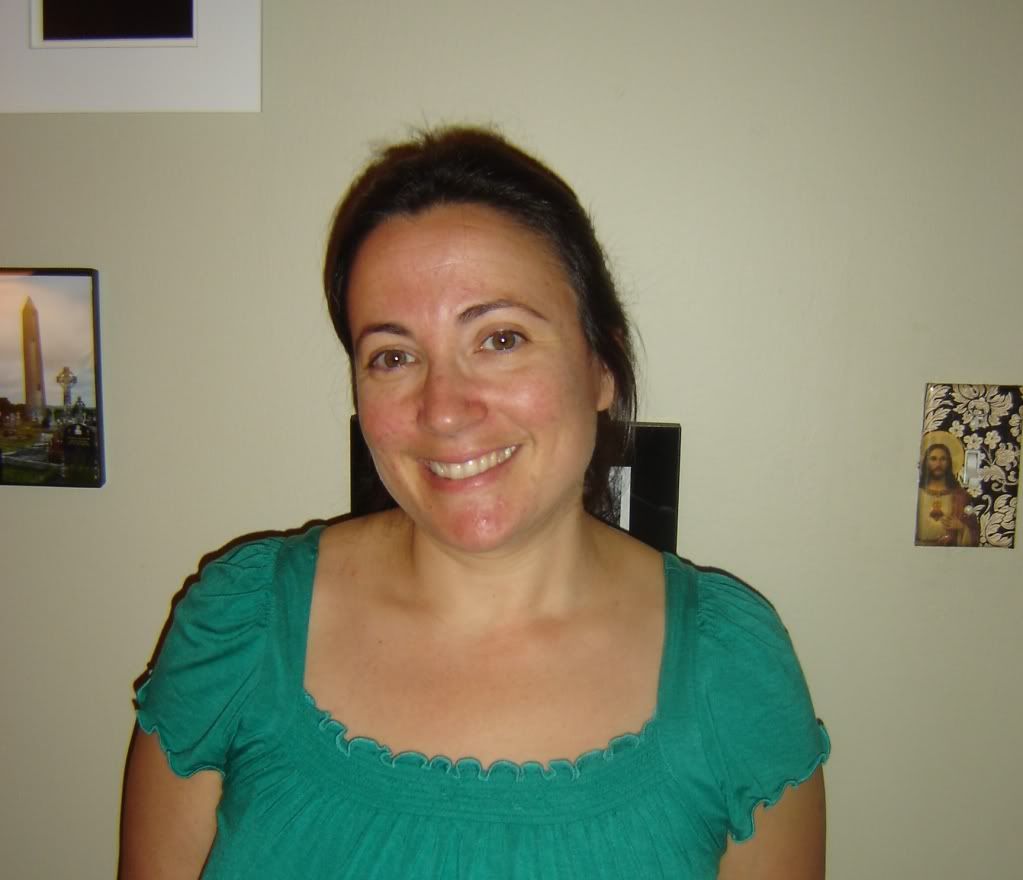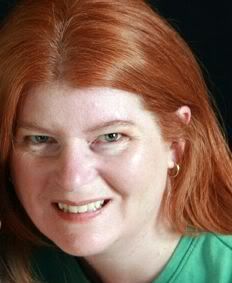Today, Write On! speaks with Debra Ollivier, author of What French Women Know: About Love, Sex, and Other Matters of Heart and Mind and Entre Nous: A Woman’s Guide to Finding Her Inner French Girl. Ollivier lived in France for more than ten years, had her two children there, and became a dual citizen. She has written about pop culture and parenting, and was a regular contributor to Salon; Ollivier has also written for Harpers, Playboy, The Guardian, Le Monde; and Les Inrockuptibles, among others.

When did you first start writing?
I first started writing when I first learned to write. From the time I can remember, I was always writing in blank books and journals. It was a bit of an obsession.
How did What French Women Know come about?
I lived in France for over ten years, and was always annoyed by certain oo-la-la cliches recycled about French women. American women have always been mystified by French women for being so “sexy”—but being “sexy” has little to do with lingerie and lipstick and mini-skirts. After writing a more general book about French women (Entre Nous), I decided to write a book that explored the real reasons French women seem so alluring to us—socio-cultural reasons, if you will. I wanted to poke fun at myself as an American, while simultaneously comparing and contrasting our two cultures. I wanted a book that could be as accessible to a housewife in Des Moines as it would be to a fashionista in New York. And thus, with encouragement from my agent (and later, an enthusiastic editor), the book came about.
Where do your ideas come from?
If I only knew! When writing non-fiction, ideas sometimes come from factual research, interviews, etc. Sometimes they come from lived experiences. And sometimes they come from that mysterious part of the brain that captures invisible radar “out there.”
What is your writing process? How do you approach the blank page?
In the best of all worlds, I write every day. I try to write as early in the day as possible, when my mind hasn’t accumulated mental clutter. Sometimes I listen to music for inspiration; I always read a bit. And sometimes I’ll do free-form writing (stream-of-consciousness), because in the process new ideas often emerge. But like most writers, I tend to approach the blank page with a mix of trepidation and hope, and try not to censor myself as I put pen to paper.
How was the process different from writing Entre Nous: A Woman’s Guide to Finding her Inner French Girl?
Writing Entre Nous was not much different from the process above, but since it was written from personal experience (and is non-fiction, as opposed to fiction), the writing process was fairly easy.
What are the similarities between your article-writing and book writing?
Article-writing requires a certain succinctness and brevity, whereas book-writing offers altitude to stray, digress, move into the nooks and crannies of a subject. You can cast a much wider net with a book, whereas an article is by nature a tighter, more self-contained unit. Both have their inherent challenges, but book-writing is still infinitely harder than article-writing.
What are the three most important lessons a woman should learn from What French Women Know?
To question the desire to be liked and BE like other people.
To never underestimate the power of inner beauty and intelligence.
To live with an awareness of the brevity of time and the immediacy of pleasure.
What’s your next project?
A historical novel.
Advice for writers?
Don’t wait for the muse to strike. Because, as the old saying goes, creativity is often more perspiration than inspiration. Write every day if you can, because writing is like working-out: the longer you stop, the harder it is to get back into it. That said—and here’s another old saying—writing is rewriting. Which means you need distance from your own writing. When you think you’re done with something, move away from it for awhile—long enough to re-read it with new eyes. And if doesn’t read right, then re-write.
I think all writers also need to nurture their intellect by reading as much as possible, and by cultivating a love of language. I believe it was Ian McEwan who said that writers should “fondle details.” That can only happen when one has not only a mastery of language, but a love of it as well.
Finally, I think writers need to find a balance between letting go when they write, and controlling what they write. It’s a very difficult balance. Writing that is too profuse can drown a reader. There’s a difference between “fondling details” and over-dosing on them. Again, it’s a balancing act, and it can only come from a consistent commitment to the writing process, and a willingness to rewrite, as much as is needed.
What do you know now that you wish you knew when you first started writing?
All of above!
Tags: Author Q&A Debra Eckerling Debra Ollivier Entre Nous France Non-fiction Parenting Pop Culture What French Women Know Write On!










Comments are closed.
An interview such as this, where she is asked about the writing process, would be a perfect opportunity for Ms. Ollivier to acknowledge publicly one important misstep in the writing of her book.
[…] Debra Olliver, What French Women Know […]
From the author: “Ms. Lyman’s post was sent to me in unattributed form by the third party, who cut and pasted it into an email without its source. I was unsuccessful at locating her blog in order to specifically attribute the passage at the time I was writing the book. However, Ms. Lyman’s words are quoted in my book as a blogger’s post, and it was made clear to Ms. Lyman that the name of her blog will be credited in future reprints.”